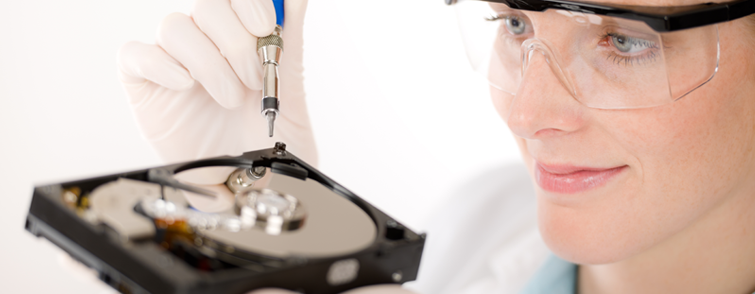232 Gongneung-ro, Nowon-gu, Seoul, 01811, korea
Tel :+82-2-970-6793
Fax : +82-2-970-6800
Copyright © Seoul National University of Science&Technology. All rights Reserved.

(admission & consulting professor: Insup Noh, inusp@seoultech.ac.kr)
The Convergence Program of Biomedical Engineering & Biomaterials is an interdisciplinary program that combines the principles of both engineering and medicine. In academic and technological aspects, the areas of biotechnology, medical technology, nano-bio technology, U-health, and diverse sciences and fields of engineering, such as chemical, mechanical, electronic, and computer engineering, are combined into a new academic field of medical science and technology. This convergence program deals with biomateirals, radiological/biological new drugs, drug delivery systems, radiation therapy, micro-fluidics, biosensors, computers, bio-related chemistry, and biomechanics. This program is co-operated by two National Institutes: Seoul National University of Science and Technology (SeoulTech) and The Korea Institute of Radiological and Medical Sciences (KIRAMS). By combining the infrastructure of SeoulTech’s engineering and science-oriented system with KIRAMS’s clinical and medical research system, this program will cultivate globally competitive human resources in the areas of healthcare and biomedical technology.
Education and Research Area
- Education about Research Experts in the HT-BT-IT Industry
- - Science and engineering in the areas of healthcare technology, biotechnology, information technology, nanotechnology, and biomedical engineering
- - Intelligent Biomaterials: Functional biomaterials, bio/radiological drug delivery systems, diseases diagnostics and treatment devices, and tissue regeneration engineering
- - Biomedical engineering: Human-supporting devices, nanotechnology, Bio-MEMS/NEMS, surgery robots, medical devices, 3-D bio-printers based on tissue engineering, (stem) cell engineering, bioreactors and micro-fluidics
- - Bio-IT convergence sciences and engineering: Cancers and chronic disease diagnostics and treatment technology based on U-health technology such as RF technology/bio-nano technology
- Co-operating program of Seoultech-KIRAMS
- - Cooperation of SeoulTech’s divers science and engineering programs and KIRAMS’s clinicians, accelerators, medical biology and physics
- - Nano-biotechnology, stem cell engineering, diseases-curing accelerators, radiation/drugs for cancer treatment, prevention of metastasis, and minimization of their side effects
- - Regeneration of patient’s tissues and organs based on stem cell-bioactive materials, biomaterials, and new drugs
- - Biomedical-IT engineering such as data mining, patient-specific diagnostics, and treatment technology and U-health
- - Convergence technologies related to human-supporting devices, U-health, medical devices, bioengineering, digital medical imaging devices, bio/radioactive drugs, and micro-fluidics
Applications and Related Industrial Area
- Biomedical industries related to biomaterials, human-supporting devices, U-health, functional medical devices, medical diagnostics and therapeutics, bio/chemical drugs, and radioactive drugs
- Radiation and pharmaceutical industries related to cancers and chronic diseases
- Rehabilitation and human-supporting industries
- Bioengineering industry related to pharmaceuticals, medical devices, and equipments
Features of Program & Development Prospects
- Specialization on convergence of biomedical engineering-biomaterials by cooperation between SeoulTech and KIRAMS
- Education of bioengineering human resources in SeoulTech with KIRAMS in the areas of biotechnology, medical engineering, nano-biotechnlogy, healthcare, and medical devices
- Research-oriented education by SeoulTech and KIRAMS through co-curriculums, internships in KIRAMS, and co-funding on development of HT, BT and IT technology
- Unique educating system of health care program related to radiation-related therapeutics, biomaterials, cell engineering, and medical devices
- Global higher education system by cooperating with worldwide-recognized universities and institutes in IAEA, China, Japan, and India